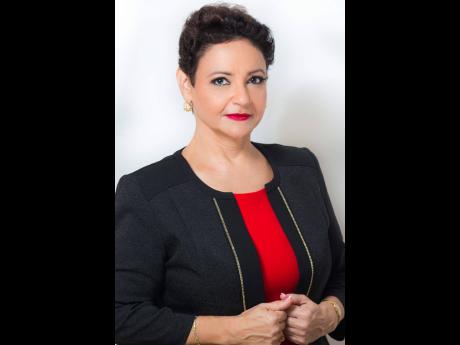Deborah Vieira | Are you insurable?
It is a simple question, but most people do not understand what it means. So, let us look at some basic information insurance companies need in order to evaluate whether you are approved, rated or declined for your first or subsequent policies.
In the case of life or health insurance, disability or critical illness, there are some important factors to consider, especially during this period of COVID-19.
First, let us look at your health. Are you a smoker? Smokers are automatically ‘rated’ and their premiums are significantly higher as a result of the myriad of increased health risks that smokers are inclined to have. Smokers are at a higher risk during COVID as the virus attacks your lungs, hence the need for oxygen and the use of ventilators. Smoking also has health consequences for your heart and related cardiovascular illnesses.
Another factor that is scrutinised is your medical history and your family’s medical history. Insurance companies may also request information on your family’s medical history to find out if pre-existing conditions, also called comorbidities, such as hypertension, heart disease and diabetes, are in your genes. These illnesses usually predispose you to other ailments and it could indicate the reason for premature death. These health conditions are usually ‘rated’ postponed or declined.
The underwriting process usually includes such information as your age, height, weight, blood pressure reading, cholesterol, Pap tests for women and PSA tests for men and an HIV test. You may also be asked to do an electrocardiogram test, also known as an ECG or EKG.
Contracting a virus, especially one as dangerous as COVID-19, leaves you with additional health issues sometimes for months and even years. Those of us who had chik-V, Zika or dengue can confirm this. As a result of this highly contagious and deadly virus, if you have contracted COVID-19, your application for an underwritten policy may be postponed for approximately three months after recovery, or declined.
Have you heard the expression ‘prevention is better than cure’? We spend millions of dollars out of pocket on health matters when we could have saved those funds by having an insurance policy with a relatively small premium giving you millions of dollars in benefits over many years, which can never be cancelled by the insurance company.
I encourage you to take out your insurance at an early age and save money with lower premiums. That is a great incentive. Also, younger persons are usually healthier.
There is good news. Insurance companies have seen the need for ‘no exam’ or non-medical policies. However, there are age limits placed on these policies after which they become unavailable.
Time is always a critical element for these and other policies as annual crucial increases in premiums take place each year for new entrants and are especially aggressive at older ages. The application age on many of these policies end at age 60 and are available in Jamaican and US dollars.
Deborah Vieira is a financial/insurance adviser with Lawe Insurance Brokers.deborahv@laweinsurance.com


